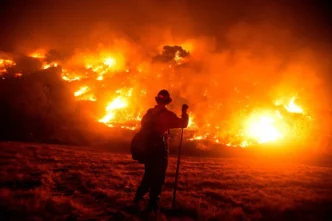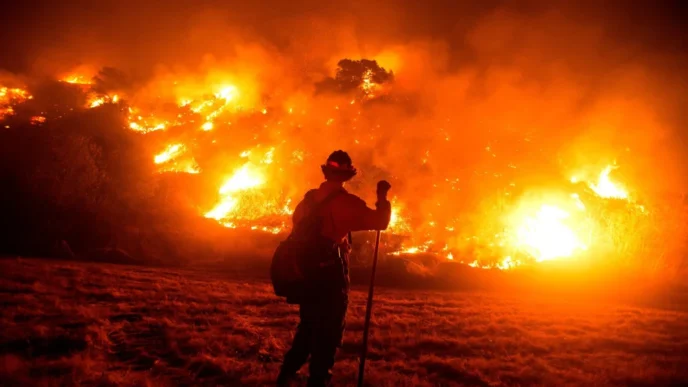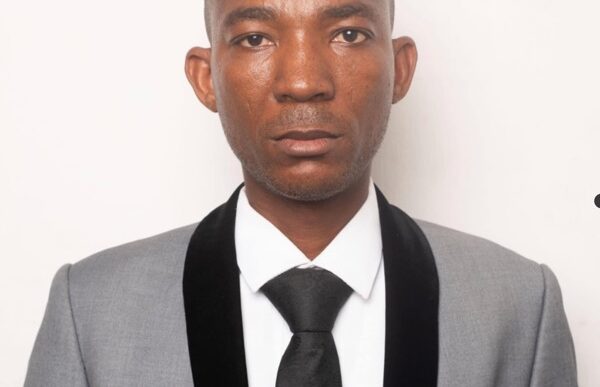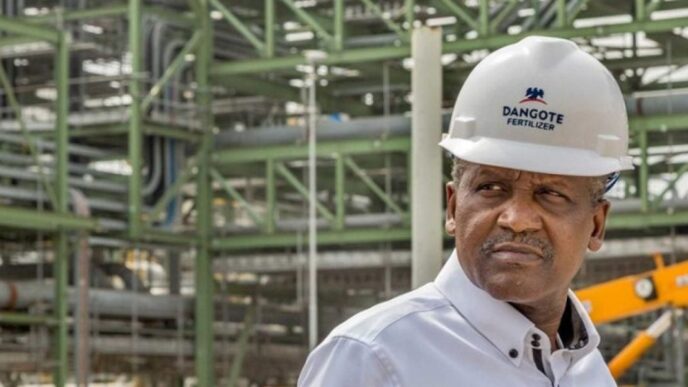The long-awaited inquest into the tragic helicopter crash outside Leicester City’s stadium that killed five people, including club owner Vichai Srivaddhanaprabha, begins today.
The incident occurred on October 27, 2018, when the helicopter crashed shortly after takeoff near the King Power Stadium, engulfed in flames and leaving a deep scar on the Leicester City community.
Among those killed were Vichai Srivaddhanaprabha, passengers Nusara Suknamai and Kaveporn Punpare, pilot Eric Swaffer, and his partner Izabela Roza Lechowicz, who was also a professional pilot.
The inquest, held at Leicester Coroners’ Court, aims to uncover the mechanical causes and circumstances leading to the tragedy.
Tributes to the victims will be heard on the first day of the inquest, which is expected to last three weeks.
Aiyawatt Srivaddhanaprabha, Vichai’s son and current Leicester City chairman, expressed his family’s commitment to the inquest process.
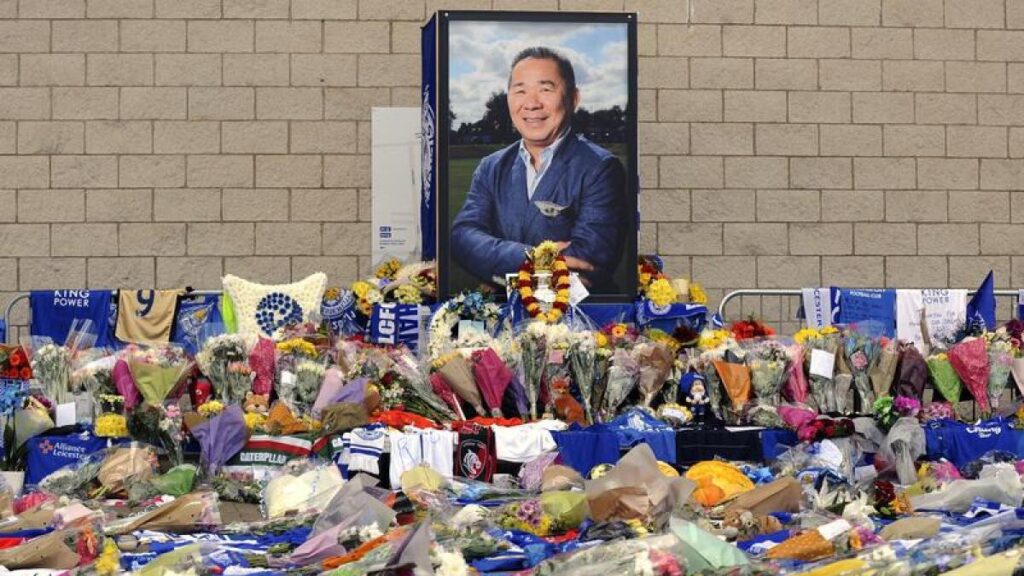
“My family embraces the inquest process and looks forward to the explanation into how and why my father lost his life,” he said.
Similarly, Kate Lechowicz, sister of victim Izabela Lechowicz, highlighted the emotional toll of the wait.
“Waiting for the inquest has been tormenting… We still miss them terribly,” she said.
The crash investigation revealed that the pilot’s pedals became disconnected from the tail rotor, causing the Leonardo AW169 helicopter to plummet from an altitude of 430 feet shortly after takeoff.
The Air Accidents Investigation Branch (AAIB) also noted the rapid spread of fire after the impact.
Meanwhile, Vichai Srivaddhanaprabha’s family has launched a £2.15 billion legal claim against Leonardo S.p.A. the helicopter manufacturer, alleging liability for the crash.

The claim includes compensation for loss of earnings, pain, and funeral expenses.
The inquest will hear from witnesses, emergency services, and the AAIB as it examines the technical and human factors involved.
The outcome is expected to provide closure to the families and recommendations to improve aviation safety, preventing such tragedies in the future.
This tragic event highlights the need for continuous advancements in aviation safety and greater scrutiny of mechanical reliability to protect lives.


